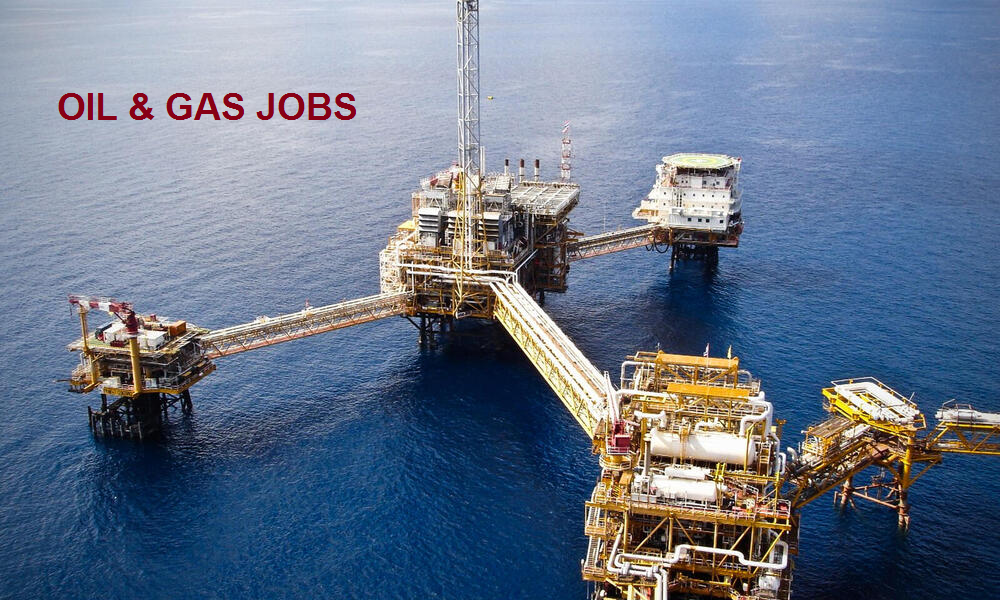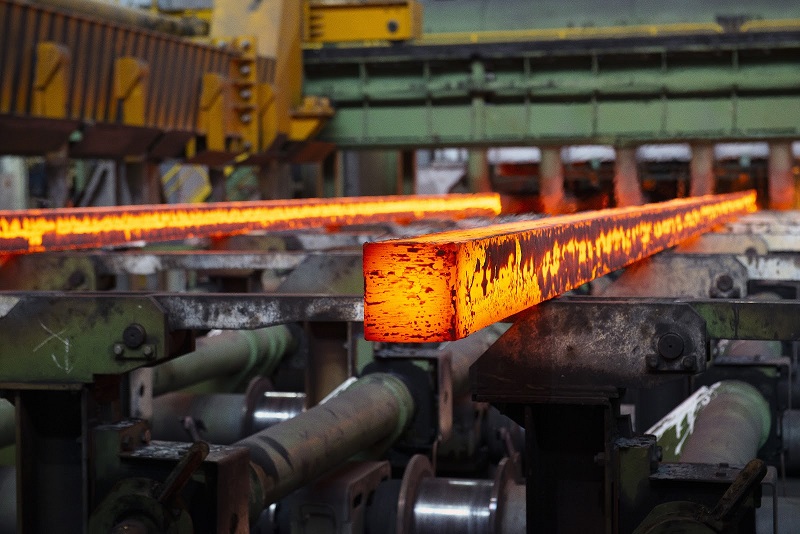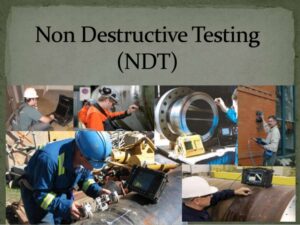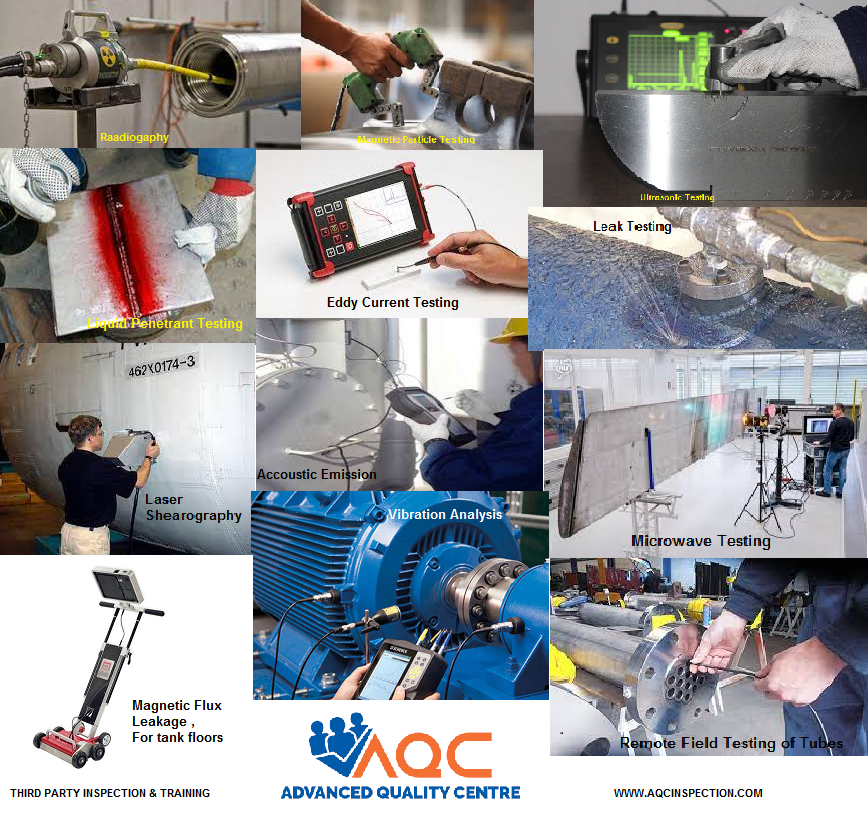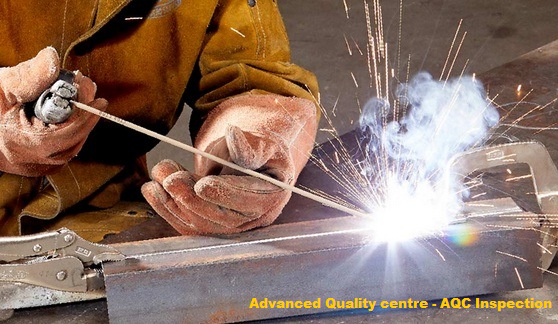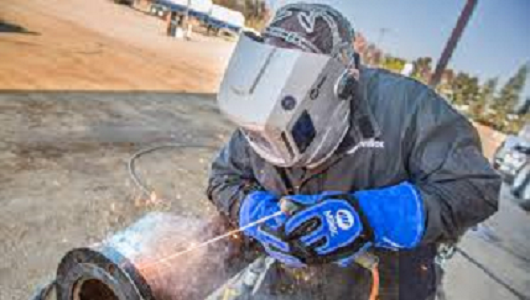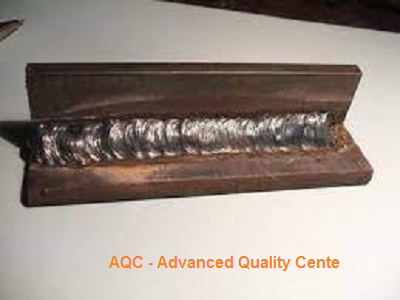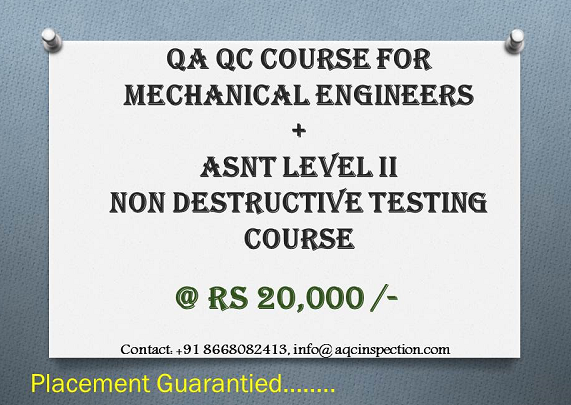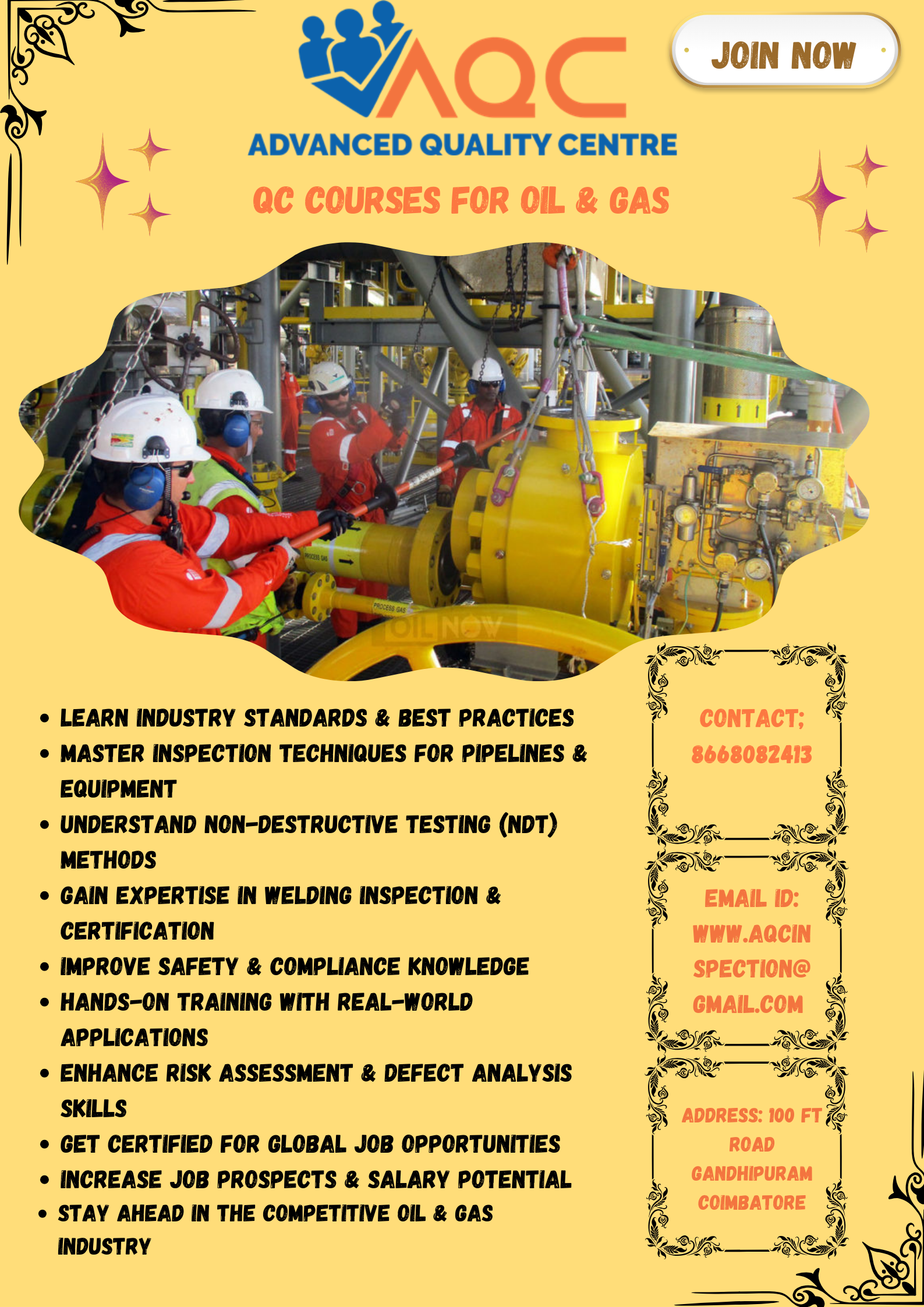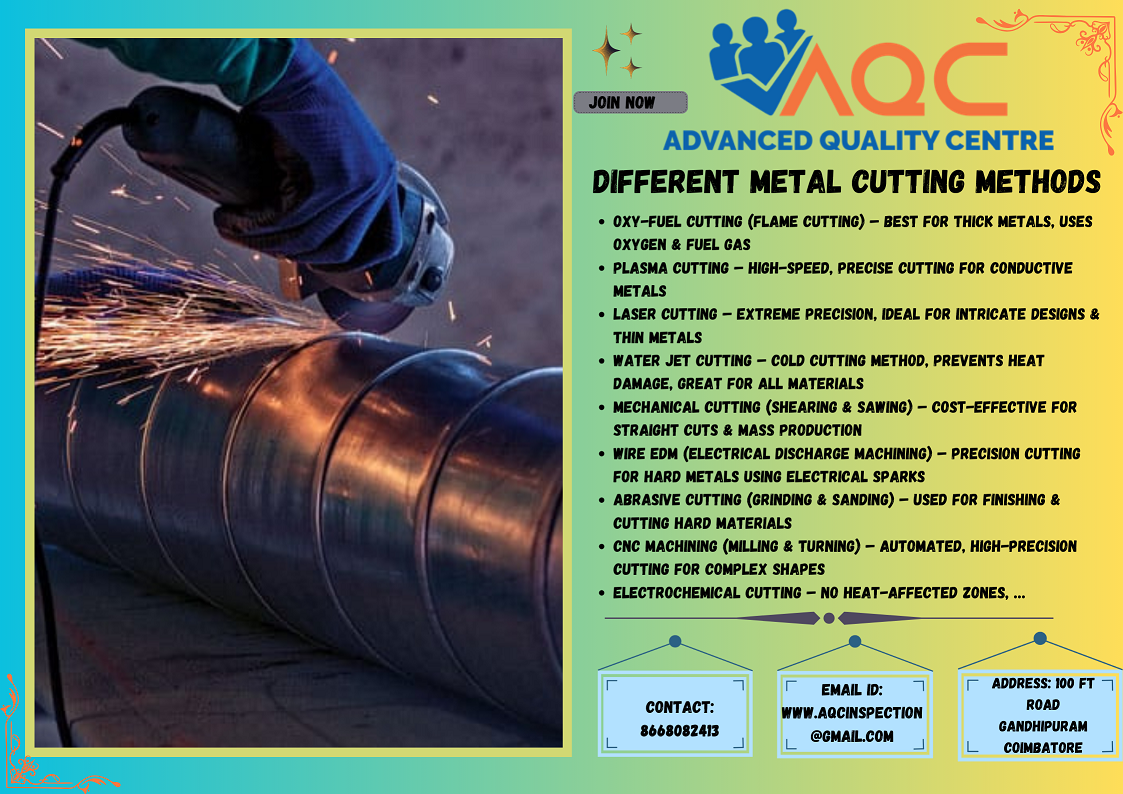blogs
blogs
blogs
Steel Making Process
Steel Making Process Steel is an alloy of iron usually containing less than 1.5% carbon. Steel can be cast into bars, strips, sheets, nails, spikes, wire, rods or pipes as needed by the intended user. Steel making process at an integrated steel plant involves three basic…Training
NDT institutes in Coimbatore
NDT Training: AQC- Advanced Quality Centre – NDT Institutes in Coimbatore provide World class trainings, certifications & online courses for Non-Destructive Testing, Welding Inspections, Painting Inspections, welding course in Coimbatore, safety trainings & Industrial testing services. The trainings are provided by engineers experienced in…blogs
Pipe Line Isometric Drawings and P & ID Drawings
Pipe Isometrics : Are drawings which shows details of Process pipe lines in a single line presentation , with details of pipes, pipe connections ( valves, flanges, nipples, reducers, end cap, elbow, etc), along with the dimensions and direction of pipe line. Example of a…blogs
NDT Methods Selection
NDT Method Selection: The NDT (nondestructive testing) methods are: Visual Inspection – VT Liquid Penetrant Testing – LT Magnetic Particle Testing – MT Radiographic Testing – RT Ultrasonic Testing – UT Eddy Current Testing – ET (not used in field inspection) Acoustic Emission Testing –…blogs
Non Destructive Testing- Course and NDT course Fee
Non Destructive Testing has plenty of scope for people interested in Mechanical Industry and also construction sector. This Quality Control Related subjects is thought in almost all major cities all over the world, and the NDT certificates offered by institutes are valuable across the globe. The…blogs
CLASSIFICATION OF WELDING ELECTRODES
Classification of welding electrodes consists of a prefix letter “E” specifying an electrode, a group of two or three digits specifying weld metal strength in ksi in the ‘as-weld’ or stress relieved condition, and a final two digits specifying type of covering, weld position…blogs
Concepts of Welding Defects and Discontinuities
Welding defects can be classified as structural discontinuities and consist of: porosity, slag inclusions, lack of fusion, cracks, etc. Porosity is gas pockets or voids in the weld metal which are free of any solid materials, such as It is formed as a result…blogs
Fillet Weld Sizes as per AWS D1.1 & AWS D1.2
Fillet Weld Sizes as per AWS D1.1 & AWS D1.2 This blog here answers your questions about: What is the tolerance for Fillet weld sizes as per AWS D1.1 ? What is the weld size tolerance? What is the required fillet weld size for structures…blogs
